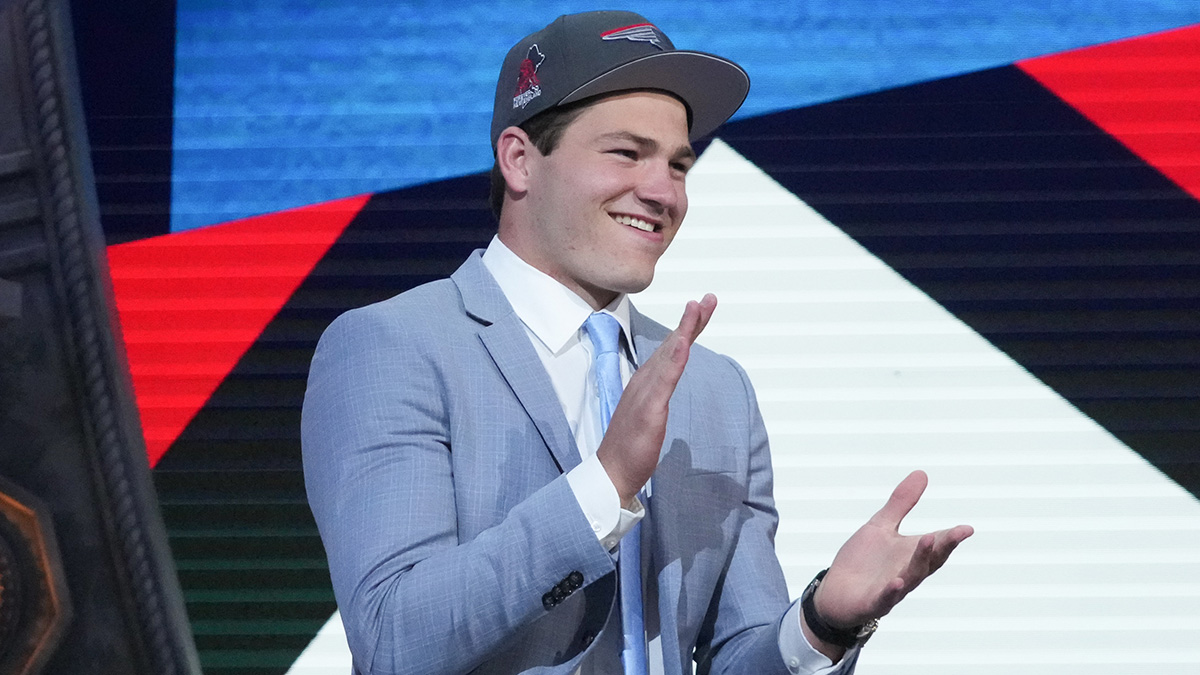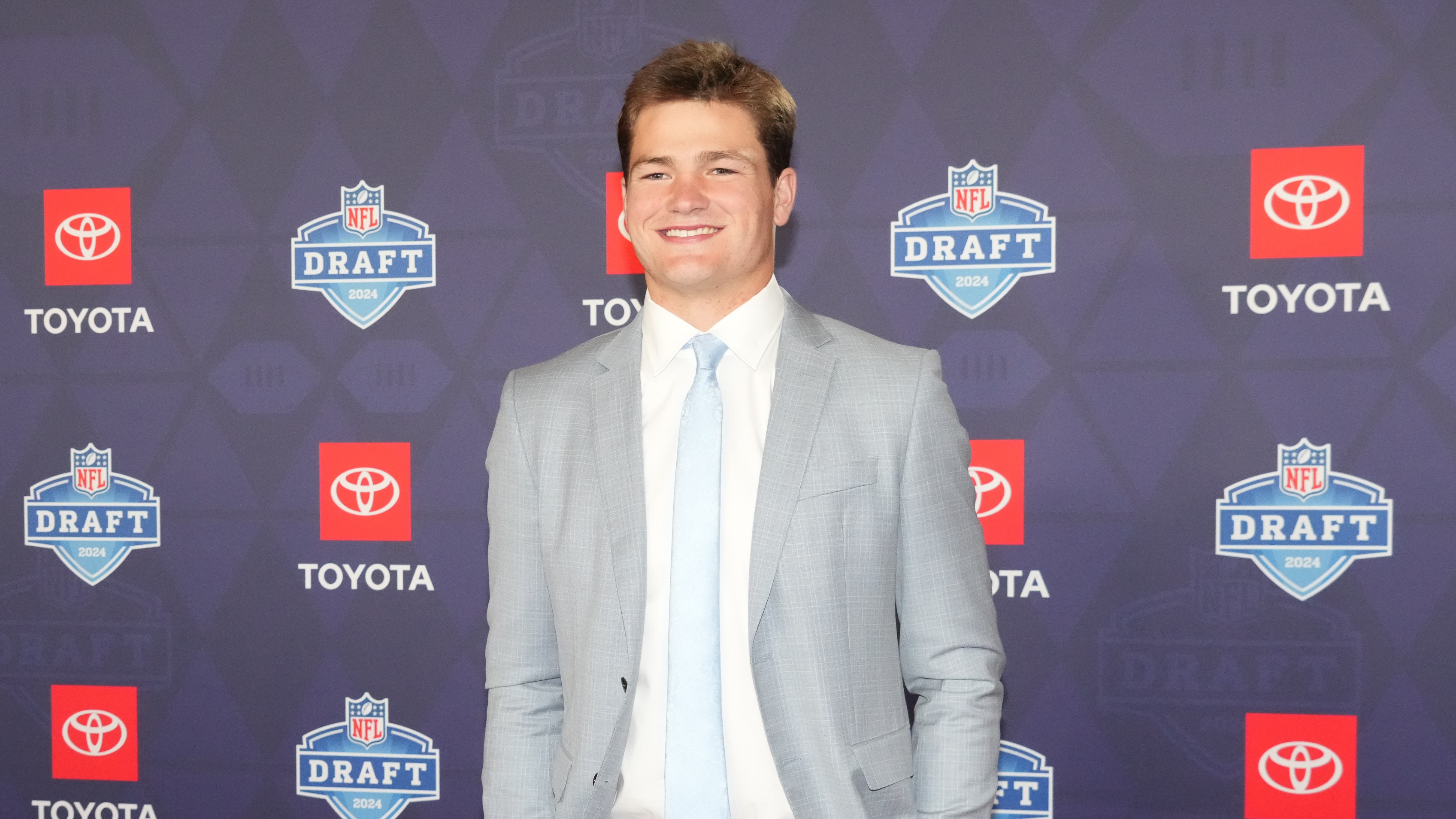Boston Mayor Marty Walsh said Monday that Boston will not reopen on May 4, when the state's non-essential business closures and stay-at-home advisory are currently set to expire.
"There is no question that May 4 is too early," he said. "I can tell you right now Boston will not reopen on May 4."
Walsh said the city is building a "recovery framework," but Boston is still in the surge and he has major concerns about attempts to reopen the economy this soon.
"We can't afford to make any mistakes," the mayor said. "We are going to approach it very thoughtfully. We never want to put ourselves in a position where we move too quickly and undo the progress we have made."
Walsh said after so much effort to curb the spread of coronavirus, the city must continue to be cautious.
Local
In-depth news coverage of the Greater Boston Area.
"I'd have serious concerns if we start relaxing some of the measures we've taken in Boston and across the Commonwealth on May 4, especially without clear and thoughtful planning," Walsh said.
Massachusetts Gov. Charlie Baker said earlier Monday that an announcement will be made this week on whether he will extend the current stay-at-home advisory and non-essential business closure now scheduled to expire on May 4.
Baker's unwillingness to give a timeline is not sitting well with small business owners like P.J. Presti, who owns a barbershop in Middleborough.
"The uncertainty is certainly what I'd consider unsettling," said Presti, the owner of Middleborough Barbering Company.
Presti adds he just wants to know what the guidelines will be for reopening, and what he'll need in terms of masks, cleaning supplies and proper procedures so he can be ready to go when the time comes.
"I don't know if a forehead thermometer will be something we'll need," said Presti. "It's just stuff like that, I'd like to know what I'll need so I can do my best to make sure everybody is as safe as possible."
Walsh continued to urge residents to take precautions like staying at home, practicing social distancing and wearing face coverings when leaving the house.
"We are still in the peak of the outbreak here in Boston," he said. "Every single precaution that you take here today may be one that saves someone's life."
As of Sunday, the city had reported 8,159 cases of COVID-19, the disease caused by the coronavirus, including 302 deaths.
Walsh said there are heartbreaking stories attached to each of those numbers, including one South End resident in his 70s who died over the weekend. He was hospitalized with COVID-19 and asked if it would be possible to marry his longtime partner while he was in the hospital. The city rushed to make the accommodations, and the couple was able to be married on Thursday, two days before his death on Saturday.
"There are countless number of stories like this," the mayor said. "Stories of loss, love and goodbyes. We need to remember every day how precious life is."
Also on Monday, Boston began testing a random sampling of residents from hard-hit neighborhoods for antibodies in a bid to gauge the extent to which the virus has permeated the community.
One-thousand residents of East Boston, Roslindale, and some parts of Dorchester -- selected by the city -- will take part in the study conducted in partnership with Massachusetts General Hospital.
"This will help us chart out a path to recovery," Walsh said.
Walsh said he continues to receive reports of people not wearing face masks at grocery stores, which he called "unacceptable"
Asked if he would consider implementing a fine for those caught not wearing masks in public like Somerville, the mayor said he would only consider that as a last resort.
"We have not taken that step yet," Walsh said. "I don't want to say I've been hesitant, but I've been trying to ask people to do it voluntarily so I don't have to put restrictions in place. I feel like we shouldn't have to. If we need to, we will."
Over the weekend, the city released new data showing that black residents were being hit the hardest by the coronavirus.
Black residents comprised 42% of known cases in the city, according to the city.
The data also showed that East Boston was the hardest-hit neighborhood.



